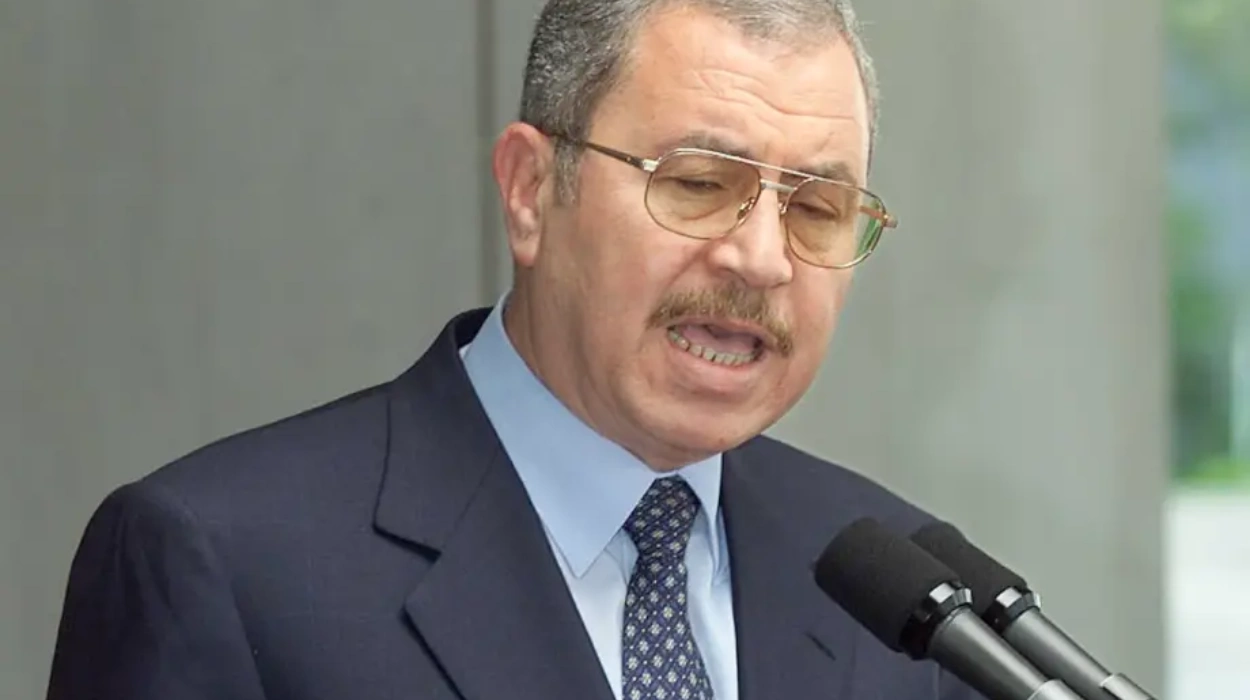Jordan’s former prime minister Ali Abu al-Ragheb’s involvement in offshore companies underscores complex issues of wealth concealment, power, and accountability central to global financial secrecy.
Offshore Finance and Tax Havens Explained
Offshore finance involves using jurisdictions with low or zero taxation, like the British Virgin Islands or Seychelles, to establish companies and trusts. These tax havens offer secrecy, minimal reporting requirements, and financial advantages, enabling owners to obscure the origins, beneficiaries, or extent of their wealth.
Ali Abu al-Ragheb’s Offshore Links and Wealth Concealment
Ali Abu al-Ragheb, once Jordan’s prime minister and a key economic architect for King Abdullah II, appears in the ICIJ Offshore Leaks “Power Players” database connected to at least five offshore companies registered in tax havens such as the British Virgin Islands (BVI) and Seychelles.
- In July 2003, shortly before his resignation, al-Ragheb and his wife Yusra became directors of Jaar Investment Ltd., a BVI company with an Arab Bank Geneva account. This company was dormant by 2008.
- Later that year, the couple directed Jay Investment Holdings Ltd., also BVI-based, with unclear business activity.
- Until 2014, al-Ragheb owned three Seychelles companies.
- His children are directors of Desertstar Investment Capital Ltd., another BVI entity with an Arab Bank Geneva account used for Jordanian investments.
These arrangements illustrate the use of offshore vehicles by prominent political figures to potentially shield assets from public scrutiny and tax obligations. The secrecy surrounding their operations raises questions about transparency and public accountability given al-Ragheb’s public role.
Financial Secrecy as a Tool for Power Preservation
The case of Ali Abu al-Ragheb highlights how offshore structures remain key to elite wealth preservation strategies globally. By placing wealth in tax havens, powerful individuals evade taxation, reduce exposure to corruption probes, and safeguard family assets from political or economic instability within home countries.
According to the International Monetary Fund and World Bank reports, around $10-15 trillion is estimated to be held offshore worldwide, costing governments more than $200 billion annually in lost revenues. The ICIJ’s Offshore Leaks documents reveal that political figures frequently exploit these loopholes, fueling inequality and public mistrust.
Impact on Jordan’s Public Accountability and Governance
Al-Ragheb’s tenure as prime minister involved economic reforms alongside repression amid regional conflict. The opacity of his financial dealings contradicts the ideals of governance reform and economic transparency he publicly championed. The offshore companies linked to him shed light on the enduring disconnect between political elites benefiting from secret wealth and the citizens demanding political justice and economic opportunity.
Such offshore engagements often escape effective domestic legal scrutiny due to cross-border complexities, lax international regulations, or political influence. Despite global anti-money laundering efforts and tax transparency initiatives like the OECD’s Common Reporting Standard, enforcement remains patchy.
Broader Reflections on Global Financial Secrecy
Ali Abu al-Ragheb’s profile in the ICIJ Power Players data exemplifies a global pattern where former public officials use offshore networks to obscure financial interests. This perpetuates a cycle undermining trust in government, facilitating illicit financial flows, and enabling inequality.
Efforts to crack down on offshore secrecy face resistance from jurisdictions prioritizing financial secrecy as an economic asset and from elites reluctant to expose hidden wealth. Transparency advocates emphasize a need for stronger international cooperation, beneficial ownership registries, and stricter compliance frameworks.
Ultimately, al-Ragheb’s case is not isolated but a cautionary example of how political power and wealth intersect in opaque financial systems. It underscores the imperative for reforms that enhance transparency while holding powerful individuals accountable within and beyond national borders.


